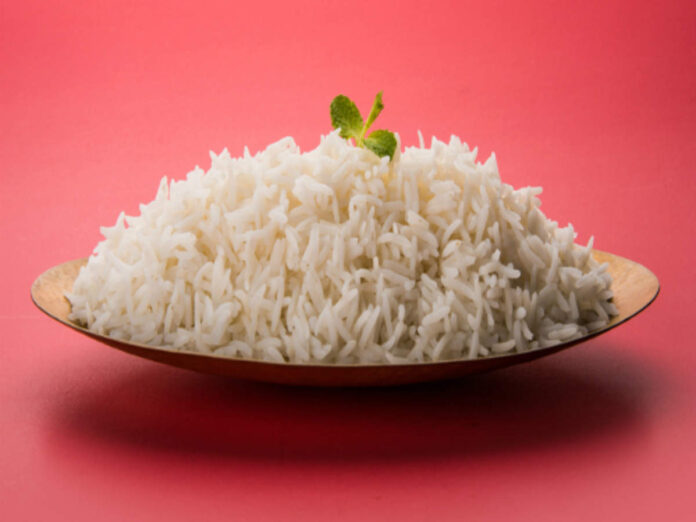Nigeria set to rise from rice importer to exporter as CBN intervention yields fruit
By Jeph Ajobaju, Chief Copy Editor
Nigeria is set to migrate from importing rice to exporting it, as the Rice Farmers Association of Nigeria (RIFAN) has signed a memorandum of understanding (MoU) with Tiamin Rice Company to process and sell the staple locally and abroad.
A statement issued in Abuja by Tiamin Deputy Managing Director Aliyu Ibrahim explained the plan is for RIFAN to cultivate quality paddy rice while Tiamin processes and packages it with a state of the art milling technology for sale in the domestic market and export, particularly to Egypt.
The MoU, which would be operational for two years, was signed at the company’s 600-metric tonnes per hour capacity mill in Bauchi.
“RIFAN and Tiamin share a common agenda in the area of rice farming and milling.
“This is to ensure a sustainable supply chain management of rice under a partnership that seeks to produce, mill and package processed rice of the highest quality for export and local trading,” the statement said.
“With a combined capacity of 920 tonnes per hour from its two mills in Kano and Bauchi states, Tiamin Rice is one of the largest producers of rice in Nigeria.”
The company also has 10,000 hectares of rice farm in Udubo, Bauchi State and Ibrahim disclosed it has “benefited from six different development finance interventions of the Central Bank of Nigeria.”
He said the intervention was worth more than N20 billion and the company has repaid four funds, according to the News Agency of Nigeria (NAN), reported by The PUNCH.
Tiamin Rice Company was the first corporate entity to access the Private Sector-Lead Accelerated Agricultural Development Scheme funds from CBN, Ibrahim added.
__________________________________________________________________
Related articles:
Farmers get N948b CBN loans, create 12m jobs
Nigeria budgets N875b for agric, imports N8tr food
Nigeria suffers N3.5tr post harvest food loss yearly
__________________________________________________________________
Nigeria reduces rice import from Thailand 98.4%
Rice import from Thailand reduced to 15 tonnes in the first seven months of the year to July (7M 2022), a 98.4 per cent drop versus 957 tonnes in 7M 2021, evidence of the success of the intervention of the CBN in agriculture.
Data for 7M 2022 collated by the Thai Rice Exporters Association (TREA), one of the largest rice exporters in the world, shows Nigeria’s rice imports from the association fell to the lowest level in the period.
Nigeria spent less than one million Thai Baht in 7M 2022 consuming rice produced in that country, a fraction of 15 million Thai Baht spent in 7M 2021 and of the total 30 million Thai Baht spent in full year 2021 (FY 2021).
Rice importation has dropped significantly in recent years following measures taken by the federal government to reduce imports and raise local production.
Official data shows the progressive rice import decline as 2014 (1.24 million tonnes) 2015 (244,131 tonnes), 2016 (58,260 tonnes), and has remained in a downward trend to date, per reporting by Nairametrics.
The decline came after the inclusion of rice in the 41 items the CBN disqualified for foreign exchange (forex) at the Nigerian Foreign Exchange Window.
Increase in local production
The CBN in 2015 banned the 41 items from accessing official forex, banned rice import across land borders, and placed 70 per cent tariff on its import through seaports.
Abuja in 2019 closed all land borders, banning movement of goods in and out of the country through them.
Local rice production rose to 5.29 million tonnes in 2021, the highest annual harvest in Nigeria’s history. But increase in rice consumption has also widened supply deficit.













